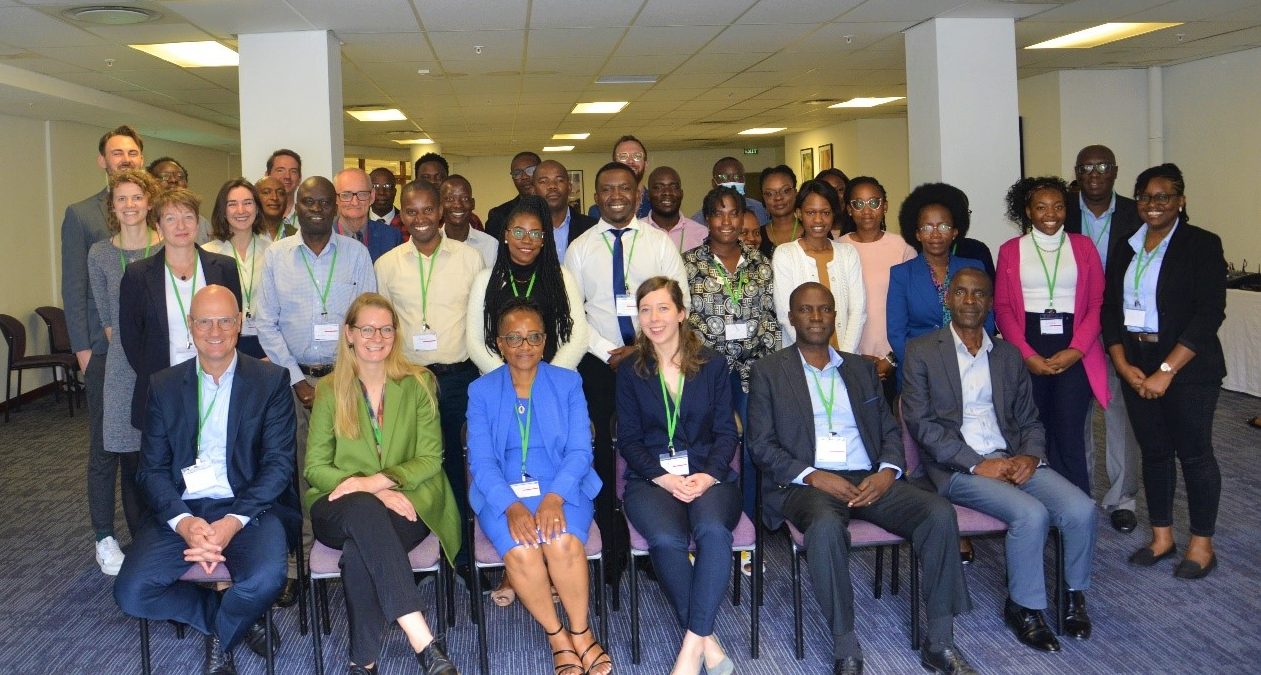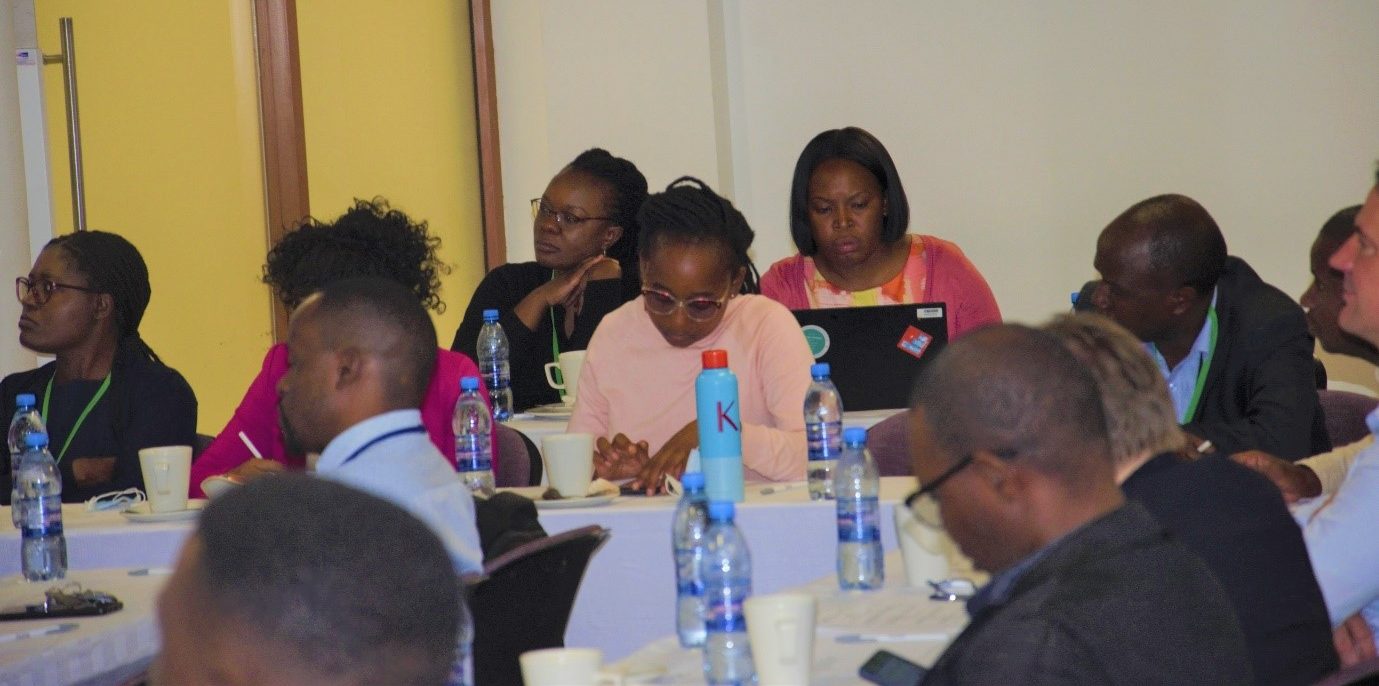PIK and GIZ hold validation workshop in Zambia
The overall objective of the workshop was to present and validate the results of the climate risk analysis for adaptation planning in Zambia. Representatives from the Ministry of Agriculture (MoA), Ministry of Finance and National Planning (MoFNP), Ministry of Green Economy and Environment (MGEE), Ministry of Water Development and Sanitation (MWDS), Ministry of Fisheries and Livestock (MFL) as well as other relevant stakeholders from politics, science and civil society were invited to discuss and comment on the results of the climate risk analysis and their implications for adaptation planning.
The workshop was formally opened by Kristin Otto, Deputy Head of Development Cooperation at the Embassy of the Federal Republic of Germany and Madame Peggy Mlewa, Director for Policy and Planning at the MoA.

Dr. Rahel Laudien from PIK summarized the key findings of the climate risk analysis for adaptation planning in Zambia: Climate change in Zambia will cause temperatures to rise between 2°C and 4°C by 2100 and extreme weather conditions will increase. In this context, the southwest will be more affected by climate change than the northeast of Zambia. These changes will affect agricultural production as suitable cropland will decrease and shift northward, and sorghum yields will decrease. In addition, the study examines examples of suitable adaptation strategies such as conservation agriculture and early-warning systems. Conservation agriculture is a cropping system that promotes minimal soil disturbance, maintenance of permanent soil cover, and crop species diversification. It can mitigate the effects of climate change and increase sorghum yields. Early-warning systems based on site-specific climate and weather information, paired with local knowledge, allow farmers to anticipate climate risks and make informed decisions about their agricultural practices, leading to higher yields and thus improved food security. The study also highlights different feasible and cost-effective options for financing climate adaptation measures through national, international, public, and private sources. Further, the study notes that climate change impacts are not gender-neutral and that different groups have different adaptive capacities. Carefully designed adaptation strategies can therefore help to increase the participation of women and other marginalized groups.
Details of the above mentioned results were presented by different experts from PIK, University of Kassel, HFFA Research and GIZ.
During the workshop, Madame Peggy Mlewa emphasized the importance of the study and the relevance of strengthening the empirical evidence of policy making in Zambia, as adaptation action and respective investments should be well informed and based on scientific evidence.
Through active participation of all representatives, helpful feedback and constructive discussions during the validation workshop, recommendations and suggestions were collected and will now be implemented into the climate risk analysis.

As next steps, the revised draft of the climate risk analysis will be shared with selected stakeholders and participants of the validation workshop to gather further feedback. The study is expected to be finalized by the end of May.


